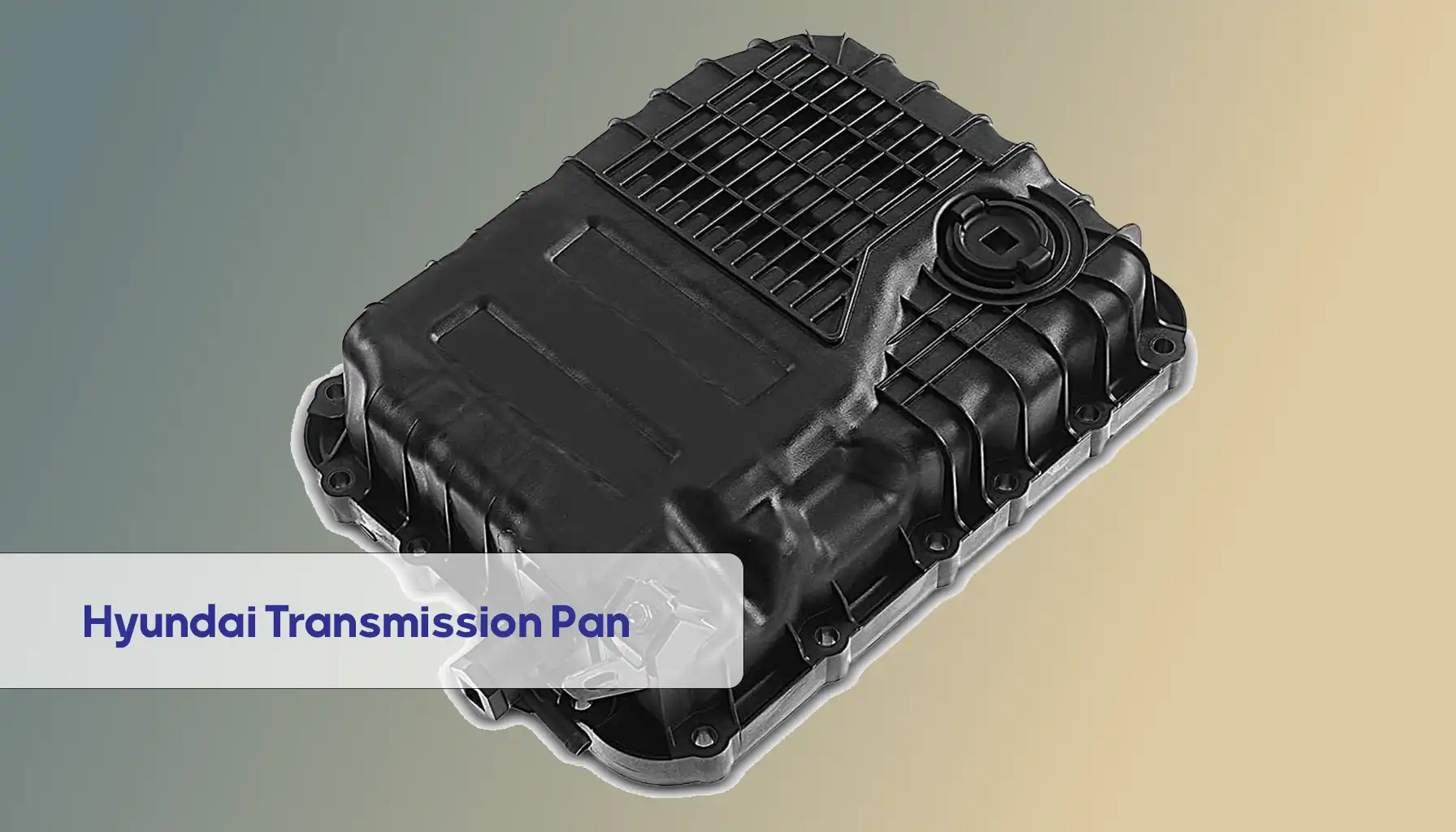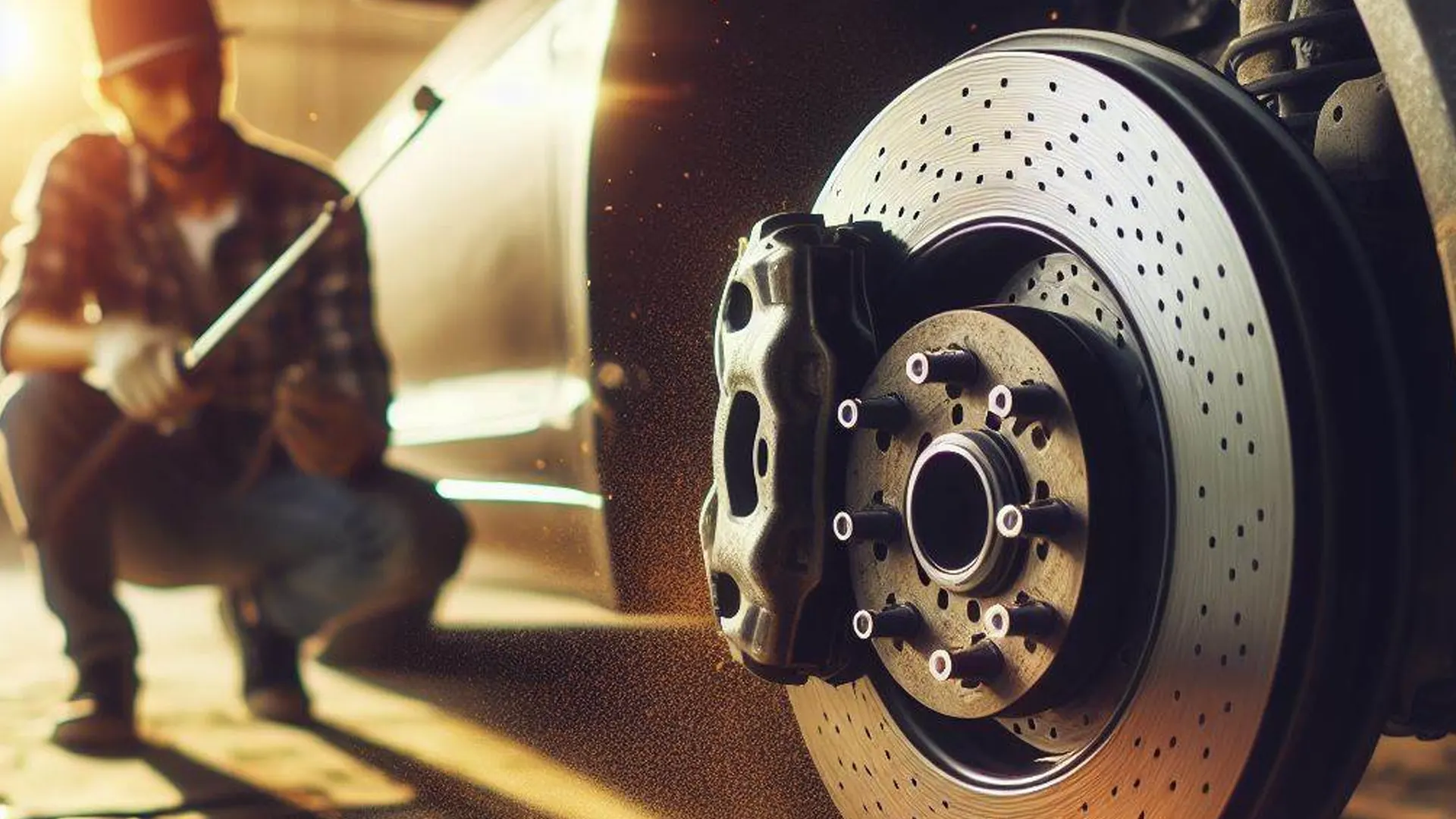Last year, Hyundai and Kia announced a recall of over 91,000 of their brand-new vehicles only in the United States due to oil pump overheating. These companies advise the owners to park vehicles outdoors and away from structures due to the risk of fire.
The vehicles affected by this recall included:
- 2022 Hyundai Elantra N
- 2022Hyundai Kona N
- 2022Hyundai Santa Cruz
- 2021-2022Hyundai Santa Fe
- 2021-2022Hyundai Sonata
- 2021-2022Hyundai Veloster N
Hyundai and Kia stated that the electronic components and controllers in the oil pump assembly might be damaged, which could cause the pump to overheat.
However, some owners of these vehicles might not have any idea about what oil pump overheating is and why it poses severe dangers like fire. They may not even know why Hyundai and Kia decided to recall so many vehicles around the world. So, in this article, we will delve into the causes and dangers of oil pump overheating in vehicles.
We believe that you can better appreciate why Hyundai and Kia took such significant measures to ensure vehicle safety by understanding the risks associated with oil pump overheating.
What Causes Oil Pump Overheating in Hyundai and Kia Vehicles?
In previous articles, we discussed that the primary function of the oil pump is to circulate oil within the engine to prevent friction between engine components (pistons, valves, crankshaft, etc.) and to help cool the engine.
The performance of the oil pump and the pressure it uses to pump oil varies between different vehicles and depends on the design and type of your car.
you can contact our sale team at Arsintrading.
The oil pump operates by taking power from a belt connected to the crankshaft and alternator. It draws engine oil from the oil filter housing. It pumps it into the engine’s internal passages, so If oil is correctly injected into the engine, friction among all moving parts is significantly reduced.
Increased friction leads to increased heat production, so if your oil pressure is too low, it will increase the engine’s temperature, and that event can lead to overheating of the engine and cause many dangerous effects.
If the engine temperature warning light turns on in the vehicle’s control panel, it could be due to a faulty oil pump. Some vehicles have oil-specific gauges that you can monitor to stay informed about your engine’s temperature.
Oil pump overheating is a critical concern
This unpleasant event significantly impacted Hyundai and Kia vehicles. According to reports about Hyundai and Kia vehicle failures, when the electric oil pump in a car fails under high pressure, warning lights on the driver’s control panel light up.

When the warning light illuminates, the best approach is to turn off the engine, wait a few minutes, and check the oil level. If the oil level is not average when restarting the engine and the warning light comes on again, continuing to run the engine increases the risk of more extensive damage.
These lights inform the driver that the oil pump has a problem and needs repair. In the situation affecting Hyundai and Kia vehicles, the car enters a “fail-safe” mode. In this mode, the vehicle’s mobility is limited, preventing it from moving at high speeds.
This measure is intended to prevent further damage and reduce the likelihood of accidents. Generally, driving at high speeds increases the risk of accidents, so drivers should proceed cautiously and be aware of their vehicle’s condition.
This very defect in the oil delivery system, along with increased engine and oil pump temperature, combined with issues in the oil filter and oil level, can potentially lead to vehicle fires.
How to Deal with Oil Pump Overheating?
The reality is that oil pump overheating is one of the most dangerous occurrences in vehicles.
An oil pump failure leads to the loss of engine oil, which can result in catastrophic engine damage and fires. Every car owner should pay attention to these signs of a failing oil pump and replace it to prevent further damage.
Here are suitable steps to prevent oil pump failure:
- Timely oil changes
- Using the correct engine oil
- Replacing the oil filter
- Avoiding sudden stops while driving
- Regular vehicle maintenance
These steps are practical, provided the oil pump does not have a pre-existing technical issue, as seen in the recalled Kia and Hyundai vehicles. If the problem is due to manufacturing defects, it is crucial to replace the oil pump as soon as possible.
By understanding the dangers of oil pump overheating and taking preventive measures, car owners can ensure their vehicles remain safe and functional.
Recognizing and Preventing Oil Pump Overheating
It’s crucial to recognize the signs of these issues and repair or replace the faulty components promptly to prevent potential damage that faulty parts can cause to other vehicle systems.
An oil pump, in particular, can exhibit several symptoms if it’s failing, including:
- Oil leaks
- High engine temperature
- Increased valve noise
- Oil warning light illumination
- Changes in oil color and viscosity
Impact of Oil Pump Failure on Vehicle Performance
Oil pump failure can directly and indirectly negatively impact the performance of your vehicle, causing driving issues such as:
- Reduced Oil Pressure
- Engine Rust
- Engine Seizure
Low oil pressure can increase friction and heat in the vehicle’s engine, which leads to a decrease in power. Another adverse effect of oil pump failure is engine rust, which can damage other vehicle systems and is very dangerous.
On the other hand, A sudden engine lock-up is another consequence of oil pump failure, posing serious driving hazards and potentially leading to accidents.

Mechanical problems associated with a failing oil pump often present several noticeable indicators, such as increased engine temperature and unusual noises during operation.
Here are some common signs of a gradually failing oil pump:
- High engine temperature
- Unusual noises from the engine
- Oil leaks
- Increased valve noise
- Oil warning light illumination
- Changes in oil color and viscosity
If any of these signs happen to your car, you should show your vehicle to a trusted mechanic and make sure that everything in the engine is ok and working correctly. Maintaining the coolant system helps you drive safely and increases the lifespan of your vehicle.
Conclusion
In this article, we covered the causes and dangers of oil pump overheating, as well as methods for prevention. If you encounter these symptoms, we recommend taking your vehicle to a specialist mechanic as soon as possible to ensure your car’s health.
Just contact us
If the oil pump becomes faulty, it’s best to avoid driving the vehicle, and it is highly advised to replace the oil pump and ensure its proper functioning.



